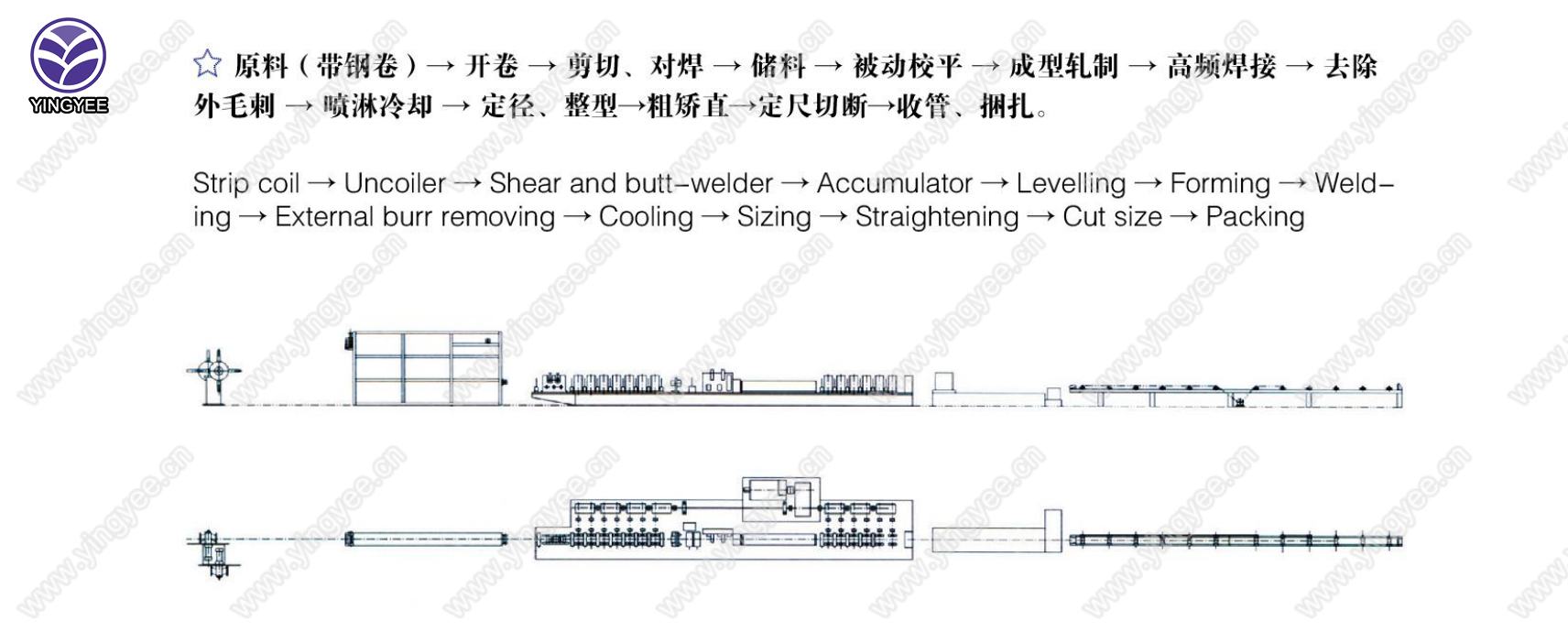
The Screw Rolling Machine Revolutionizing Precision Manufacturing
In the fast-evolving landscape of modern manufacturing, precision and efficiency are paramount. One such innovation that has made significant strides in the field is the screw rolling machine. This sophisticated piece of machinery has transformed the way screws and other fasteners are produced, streamlining the process while enhancing quality and longevity.
What is a Screw Rolling Machine?
A screw rolling machine is a specialized device designed to create high-precision screws, bolts, and other types of fasteners from metal rods. Unlike traditional machining methods that involve cutting or drilling, screw rolling employs a cold-forming process. In this method, raw material is shaped under high pressure without removing excess material, resulting in minimal waste and a stronger final product. This technology has garnered attention due to its ability to produce components that possess superior mechanical properties.
How Does it Work?
The operation of a screw rolling machine typically involves feeding a metal rod into a set of precisely aligned rolls. These rolls are engineered to shape the metal into the desired screw profile as they rotate. The process begins with the blank rod being fed into the rolling area, where it passes through multiple sets of rollers. As the rod progresses, it is shaped into the desired form, whether it be a simple hex screw or a complex threaded design.
Since the rolling process uniformly distributes the material, the resulting screws exhibit better ductility and tensile strength. Additionally, the cold-forming technique minimizes the risk of defects, such as dimensional inaccuracies and surface imperfections, which are often associated with traditional machining processes.
Advantages of Screw Rolling Machines
1. Increased Production Efficiency Screw rolling machines are capable of producing large quantities of screws rapidly. With their automatic feeding and high-speed production capabilities, manufacturers can meet market demands while maintaining high output levels.

2. Cost-Effectiveness The reduction of material waste and lower energy consumption during the cold-forming process significantly lowers production costs. Moreover, the extended lifespan of rolled components reduces the frequency of replacements, further adding to cost savings.
3. Enhanced Mechanical Properties By working with the material in its cold state, screws produced through rolling retain superior strength and are less likely to deform under stress. This is particularly beneficial in applications where high tensile strength is a prerequisite.
4. Superior Surface Finish The rolling process enhances the surface finish of the screws, resulting in improved corrosion resistance and aesthetics. This is important for industries that require components to meet specific visual and functional standards.
5. Flexibility in Design Modern screw rolling machines can be easily adjusted to create various types and sizes of screws. This adaptability allows manufacturers to cater to diverse market demands without significant downtime or reconfiguration costs.
Applications and Future Trends
Screw rolling machines are extensively used across various industries, including automotive, aerospace, construction, and electronics. Their ability to produce high-quality fasteners has established them as an essential tool in assembly lines where reliability and performance are critical.
Looking toward the future, the integration of advanced technologies such as automation and artificial intelligence holds the potential to further enhance the capabilities of screw rolling machines. Predictive maintenance, smart production scheduling, and real-time monitoring systems could lead to even greater efficiencies and reductions in waste.
Conclusion
The screw rolling machine stands at the forefront of contemporary manufacturing technology, driving both innovation and efficiency in the production of fasteners. As industries continue to evolve and demand higher standards of precision and quality, the role of screw rolling systems will only become more pivotal. Through ongoing advancements and the integration of smart technologies, the screw rolling machine is set to lead the charge in redefining how we manufacture essential components for countless applications. Embracing this technology not only represents a step forward for manufacturers but also contributes to a more sustainable and efficient industrial future.